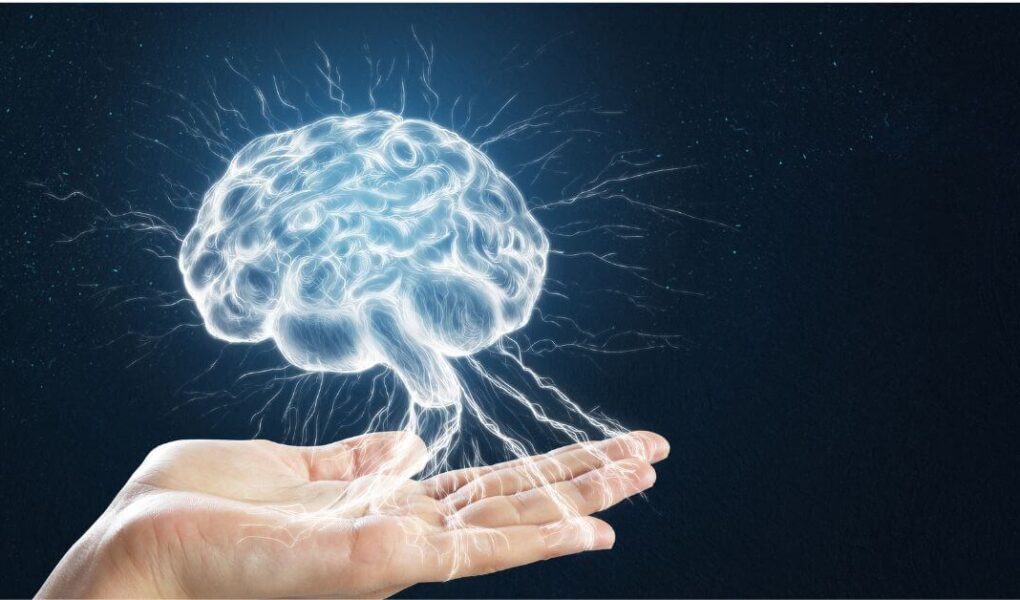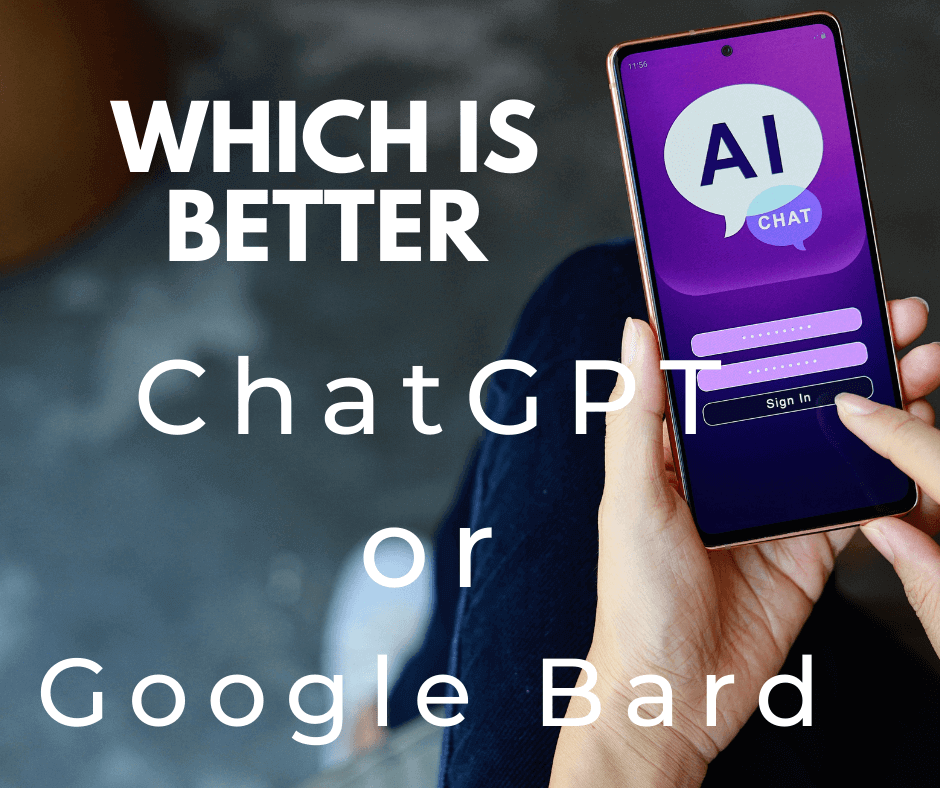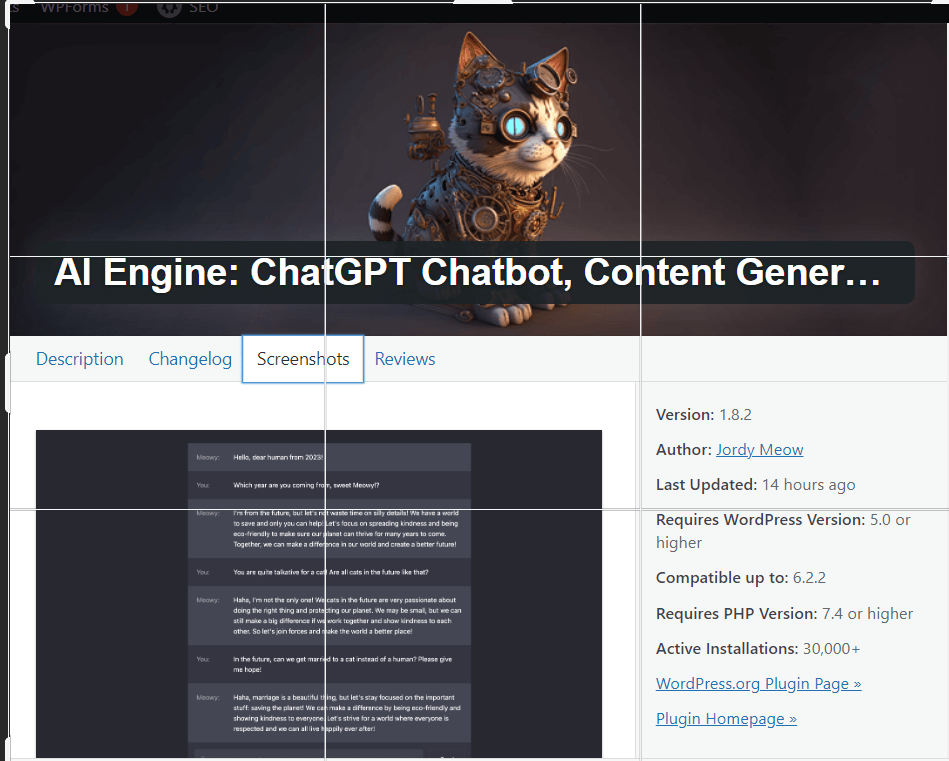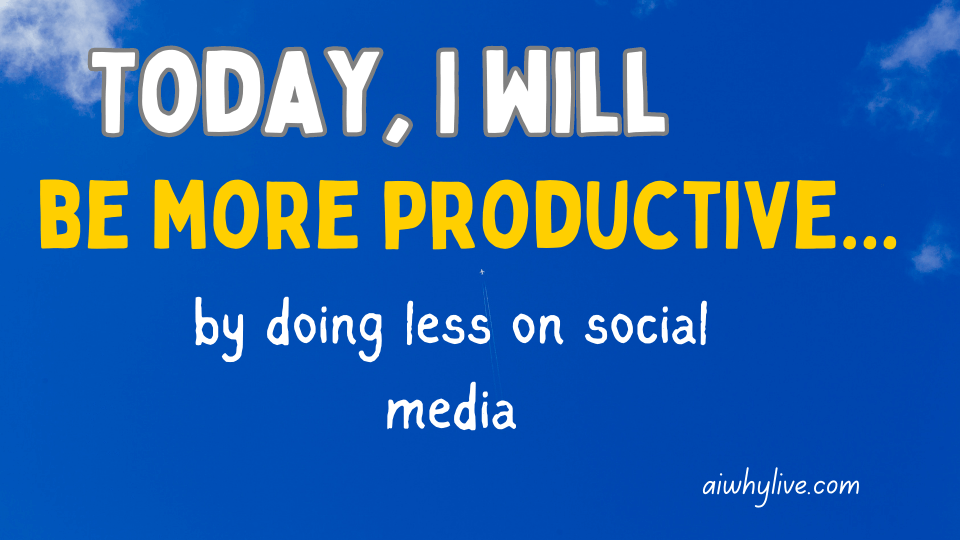You open YouTube to search for a video. Two hours later, you’re neck-deep in conspiracy theories, Thai cooking hacks, and a K-drama fan edit that somehow wrecked your soul. Don’t worry—your lack of control wasn’t a personal failure. It was by design.
Welcome to the age of recommendation algorithms, where every scroll, click, and binge session is subtly steered by invisible logic. And if you think you’re immune, think again.
🤖 Algorithms 101: What You Need to Know
Recommendation systems power almost everything we consume digitally—from what shows pop up on Netflix, to the articles Facebook prioritizes on your feed, to the TikToks that keep you swiping.
They work by collecting your behavior (likes, shares, viewing time), comparing it to others’, and feeding you content predicted to keep you engaged. The goal? Attention. Because in the attention economy, your eyeballs are currency.
But the algorithm doesn’t just reflect your preferences. It shapes them. And that’s where things get murky.
🇵🇭 How This Affects Filipinos
Filipinos are among the most active digital citizens in the world:
- We spend an average of 8+ hours online daily
- We’re the #1 users of social media in Southeast Asia
- And with limited access to independent platforms, many rely on algorithmic curation for news, trends, and entertainment
This means the line between what you like and what you’re shown can get blurry. Are we choosing freely, or just reacting to a tailored feed?
As explored in Invisible Gatekeepers, algorithms don’t just shape what we see—they often exclude what matters. Local stories get buried under viral foreign content. Posts about Filipino farmer innovation are pushed aside for clickbait fail compilations. Even our dialects—Taglish, Hiligaynon, Chavacano—confuse speech AIs trained on Western English, leading to mistranslations and mislabeling.
⚠️ The Tradeoffs of Algorithmic Living
The Good:
- You get personalized recommendations.
- You discover niche creators and new interests.
- You save time hunting for content.
The Not-So-Good:
- You get stuck in filter bubbles.
- Your tastes narrow instead of expanding.
- You lose critical thinking, because the feed always “feels right.”
And when these systems are trained on biased data, they don’t just misrepresent—they exclude entire communities by default. As Invisible Gatekeepers puts it: “It’s not discrimination by design—it’s exclusion by default”.
🧭 So Who’s Driving: You or the Feed?
Let’s be honest: our brains like the algorithm. It gives us certainty, novelty, and validation. But it also shortcuts curiosity. You stop asking questions because the machine already answers them.
And that’s the danger—when preference becomes programming, and autonomy turns into autopilot.
🔦 What You Can Do: Reclaiming Your Feed (and Your Mind)
- Audit Your Algorithms: Regularly clear watch histories, mute irrelevant ads, and unfollow rage-bait pages.
- Disrupt the Loop: Manually search content outside your usual bubble. Seek opposing views. Follow creators from other regions or subcultures.
- Protect Your Mindspace: Set time limits. Use apps mindfully. And remember: you don’t owe the algorithm your soul.
- Teach Others: Especially older relatives or younger kids who may not recognize algorithmic manipulation. Awareness is power.
💥 Final Thought
For a country where most people can’t afford to waste time, being trapped in algorithmic loops isn’t just a digital inconvenience—it’s an economic loss. Every hour spent doomscrolling or binge-watching what the feed decides for us is an hour not spent learning, building, or connecting with purpose.
And let’s not forget: we’ve already put “Pinoy Time” on the global map—a cultural wink to our flexible relationship with punctuality, as explored in AI vs. Pinoy Time. But in the age of AI, time isn’t just a joke—it’s a resource we can’t afford to lose.
So here’s the twist: we can beat the algorithm with AI. Not by rejecting it, but by using it intentionally. By choosing tools that serve us, not sedate us. By prompting with purpose, not passivity. By reclaiming our time, our attention, and our agency.
Because the most powerful algorithm isn’t the one in your feed—it’s the one in your mind. And it’s time we trained it to think freely again.
Cited Source: [1]: Invisible Gatekeepers: How Algorithmic Bias Shapes the Filipino Digital Experience – AIWhyLive.com







